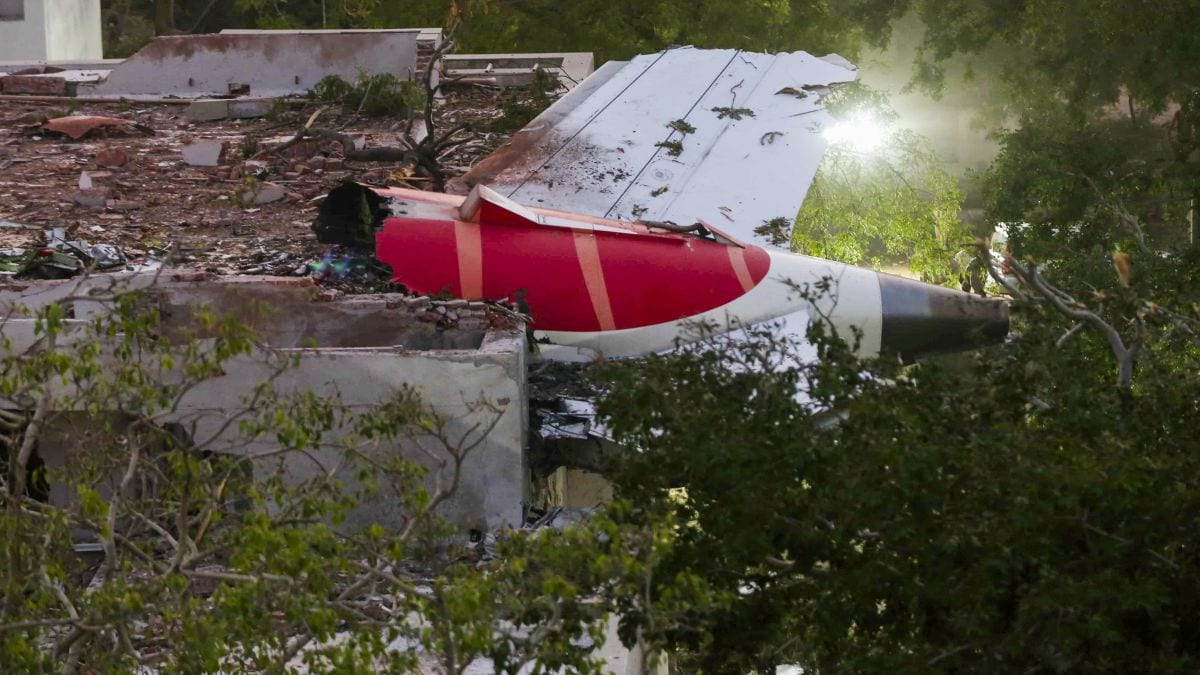

The Federation of Indian Pilots (FIP), a body representing pilots, has voiced strong objections to the exclusion of pilot representatives from the investigation into the recent Air India Boeing 787 crash in Ahmedabad. The FIP has also expressed dissatisfaction with the preliminary probe report on the June 12 incident, calling for a thorough and transparent investigation before assigning blame.
The preliminary report by the Aircraft Accident Investigation Bureau (AAIB) indicated that the fuel control switches of the AI171 London-bound flight were shifted from 'RUN' to 'CUTOFF' within seconds of takeoff. The report also mentioned a cockpit conversation where one pilot asked, "Why did you cut off?", and the other responded, "I did not do so". This has led to speculation about the cause of the crash. The crash resulted in the deaths of 260 people.
The FIP argues that the preliminary report lacks comprehensive data and selectively uses paraphrased cockpit voice recordings, creating a bias towards pilot error and questioning the crew's competence. They insist that this approach is neither objective nor complete. The pilots' body is urging all stakeholders, including the media and authorities, to avoid disseminating partial narratives or making unfounded assumptions.
The Airline Pilots' Association of India (ALPA-I) has also rejected the "tone and tenor" of the interim probe report, suggesting a bias toward pilot error. ALPA-I is demanding a fair and fact-based inquiry.
Adding to the controversy, a U.S. media report cited cockpit recordings to claim that the captain turned off the fuel control switches. The Wall Street Journal, referencing assessments by U.S. officials, reported this detail. The FIP raised concerns about the public interpretation and presentation of the preliminary report.
Following the release of the preliminary report, India's civil aviation regulator, the DGCA, ordered inspections of the locking mechanism of the fuel control switches on Boeing 787 and 737 planes. Meanwhile, Air India stated that inspections of the locking mechanism of fuel control switches across its Boeing 787 fleet found no issues.
ALPA-I has drawn attention to a 2018 advisory from the U.S. Federal Aviation Administration (FAA) regarding the disengagement of the lock on fuel control switches on various Boeing aircraft, including 787-8s. The advisory was issued after reports of Model 737 airplanes having fuel control switches installed without the locking feature engaged. The pilot body is questioning whether Air India implemented the FAA recommendations before the flight on June 12. The probe report indicated that Air India did not carry out the suggested inspections because the FAA bulletin was an advisory, not a mandatory directive.